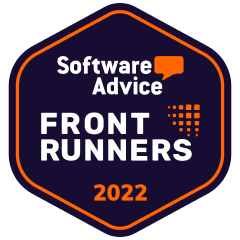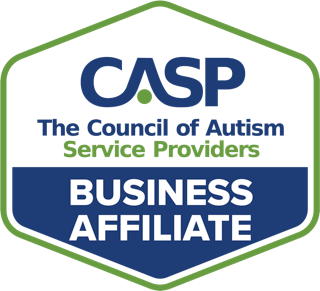This piece is based on our recent webinar presented by Sarah Schmitz, the Owner and President of Comprehensive Billing Consultants.
Sarah has over 13 years of experience in medical coding and billing and is an expert in getting you credentialed, contracted, and paid for your services quickly and properly.
Understanding the many facets of medical documentation can be a challenge to both patients and providers in the health care world.
On one hand, medical records are critical to the treatment of patients and on the other, they are essential to the overall organization of medical records divisions within practices across the country.
The divide between what’s expected and what’s delivered can even affect payment procedures.
So, realizing that the most valuable documentation to payers are the types that satisfy their requirements is key.
According to Sarah Schmitz, the Owner and President of Comprehensive Billing Consultants, knowing what’s expected and who provides those expectations on daily session notes and medical records should be the goal for every provider.
However, in order to master this key concept, you should first understand the basics of daily session notes.
Say goodbye to filing cabinets and take session notes on the go with Rethink.
Why do we have daily session notes?
Daily session notes exist to document all services you provide.
They give you the opportunity to go back and look at what was done and helps plan for with forward-looking care.
Consistent documentation also provides evidence regarding the assessment, treatment, and progress of services for a client. “This is important because you will need to see where a patient started and where they’re ending up,” Schmitz says.
[Consistent documentation] is important because you will need to see where a patient started and where they’re ending up
Sarah Schmitz, Owner and President of Comprehensive Billing Consultants Share this
Documentation expands how we communicate with other service providers and ensures practitioners and all those who receive documentation are aware of any provider, client or family involvement in the daily session.
It can also serve as required evidence for insurance companies to ensure you are properly reimbursed for the services that rendered.
Here are a few benefits of daily session notes:
- It’s your legal protection for clients, the practice and practitioners
- It can be used for data and research
- It enables a facility to train and provide quality assessments and review of staff practices
- It helps you produce correct coding procedures
- It allows for optimal care of the client
Overall, it is required that session notes be:
- permanent
- legible
- accurate
- timely
- clear
- concise
- complete
- encompassing
- truthful
Medical records are also legally-binding and often need to be accessed or retrieved both inside and outside of a practice.
Medical necessity also almost always refers back to symptoms. Therefore, documenting accurate diagnoses are equally important to billing policies and procedures for your practice.
Who will see these records?
Staff within and professionals outside your practice might see client medical records.
This can include:
- administrative support staff
- risk management professionals
- coders
- billers
- insurance companies
- others
Family members could require access to session notes to facilitate the transfer of treatment documentation from one service provider to the next.
While all session notes are not required to be sent to all coordinating providers, documentation of treatment plans must be forwarded to the referring physician at each review.
When do notes need to be completed?
The best practice for daily session notes should be completed no later than seven days from the date of service.
Discharge summaries should be completed and forwarded to the referring physician within 30 days of discharge.
You should refer to state and federal requirements for any medical record storage and policies associated with your service area.
Where and how do the records need to be stored?
In order for medical records to be HIPAA compliant, a copy of all records must be backed up and stored outside the family’s home.
This includes in-home services. Medical records must also be locked away in a safe storage environment, such as a locked closet or room in an office.
If your practice chooses to use digital or electronic records, they must be double password protected and backed up regularly to a server or the cloud.
In the event that corrections need to be made to medical documentation, be aware that you cannot delete or edit items or words.
You can, however, make edits with a single line drawn through notes. All changes must be initialed and dated.
The original author should only make corrections, with supervisors serving as an exception to this rule. Ultimately Schmitz says that the golden rule for medical records is “If it’s not documented, it didn’t happen.”
[The golden rule for medical records is] if it’s not documented, it didn’t happen.
Sarah Schmitz, Owner and President of Comprehensive Billing Consultants Share this
So remember to be smart about meeting requirements and creating documentation that works for your patients, staff, and payers.
Rethink’s Practice Management
Rethink’s practice management makes session documentation compliance a breeze.
The customizable templates ensure that each note contains all the required information, and does the dirty work for you by pre-filling information such as:
- client’s name
- staff name
- session date/time/duration
- even inserts a summary of the clinical data collected
Our customizable workflows enable you to ensure that the staff member completes the note before the session gets marked as completed and billed.
Finally, a PDF copy of every session note is automatically backed up to each client’s record, giving you peace of mind during an insurance audit.
Schedule a demo today at your convenience!










